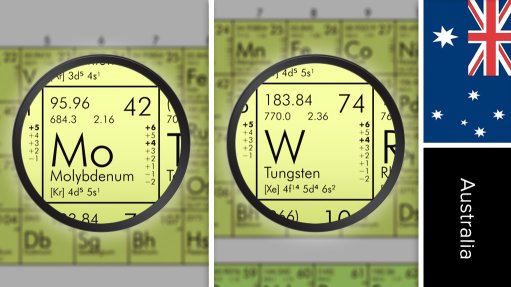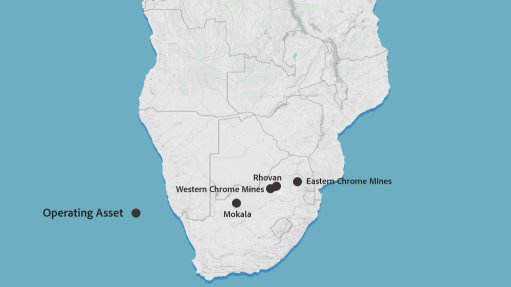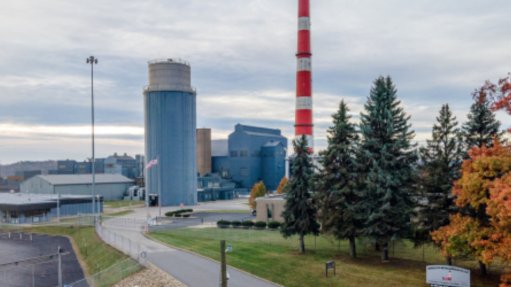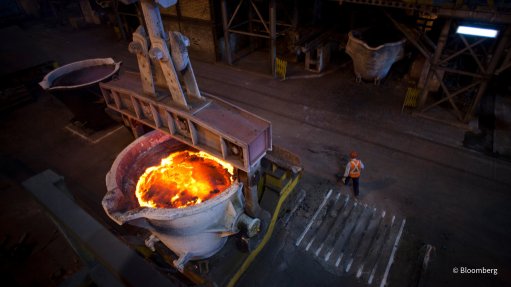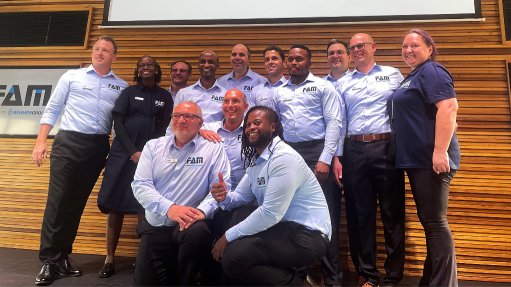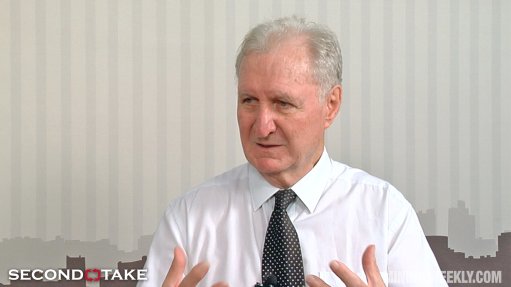Storage key to exploiting renewables’ full potential

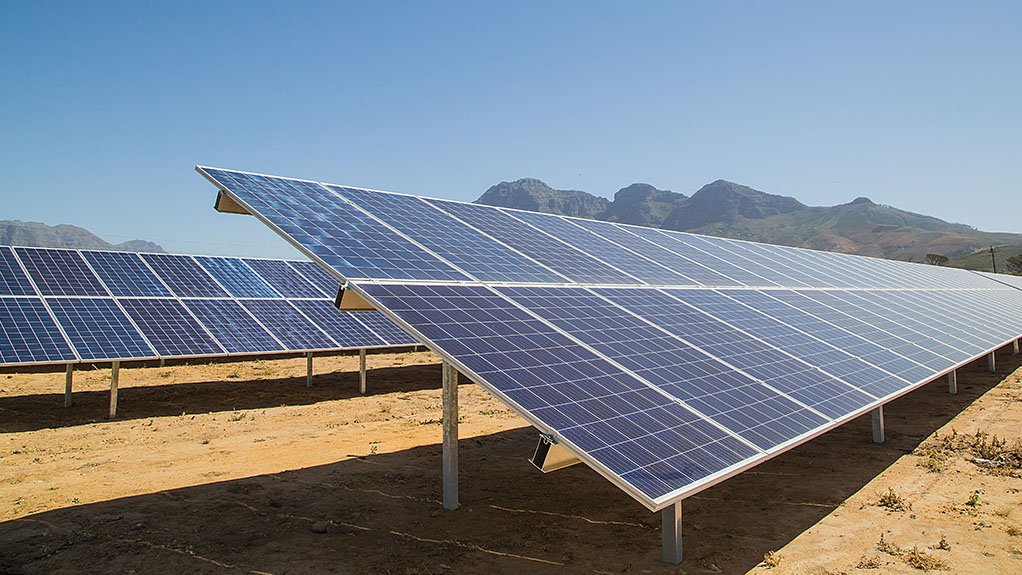
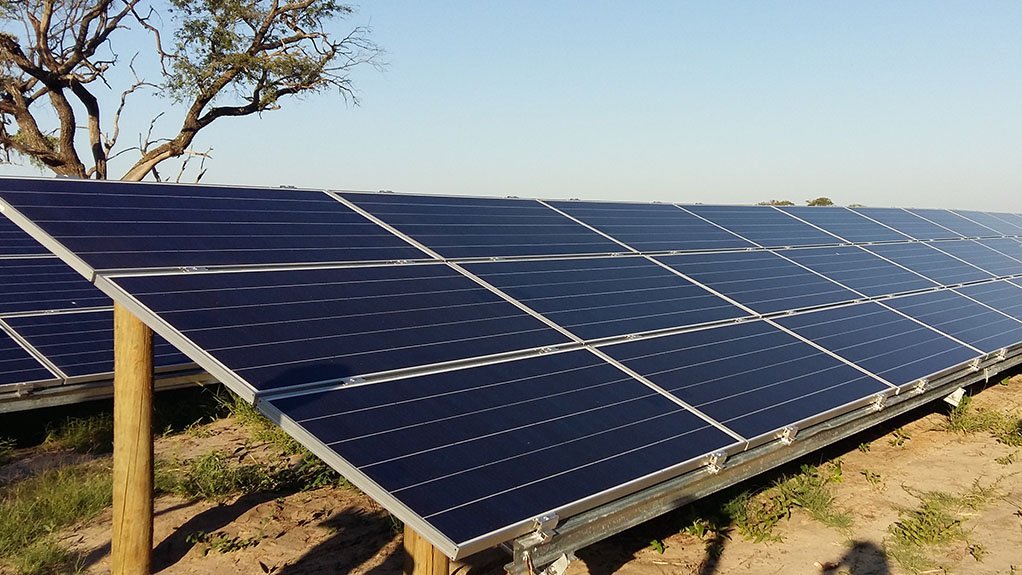
CHANGES OVERTIME A solar panel currently uses considerably fewer inputs, compared with a solar panel ten years ago
PLAYING CATCH-UP The price of battery technology is improving, although at a slower rate compared with the price reduction for solar panels
Energy storage is a key technology to unlock renewable-energy potential, says full-service renewable-energy provider New Southern Energy (NSE) MD John Deepak.
For instance, solar or wind can be coupled with battery storage with a sufficiently large battery to store excess power from the renewable-energy source to provide power for a mine site, for example, at a later stage during the day or during load-shedding.
However, he notes that storage is currently expensive for grid-connected sites and provides a return on investment only when there are power outages. Renewable energy requires storage to provide backup power, unless the renewable-energy system is synchronised with the mines’ generator sets.
“The price of battery technology is improving, although at a slower rate compared with the price reduction for solar panels. Solar panels have drastically reduced in price, owing to the reduction in input costs and economies of scale,” he adds.
Deepak highlights that a solar panel currently uses considerably fewer inputs, compared with a solar panel ten years ago, but can produce the same, if not more, power.
In the case of batteries, particularly chemical-based storage, the number of inputs cannot be reduced without reducing the batteries’ storage capabilities, hence the price reduction of chemical-based batteries being much slower than that of solar.
Further, he highlights that a variety of battery technologies is being investigated in several industries, including the mining sector, in which it hopes to expand its footprint.
“Lithium-ion technology is the most common currently, with a relatively low capital investment requirement. There are also hydrogen fuel cells, nickel cadmium and compressed-air storage, besides others.”
“The company would like to get involved in more mining projects where mines rely on diesel as a source of power, as battery storage could drastically reduce such use, and improve their financials and operational challenges,” states Deepak.
He explains that there have been limited projects in the mining space in this regard, as the adoption of this technology is still very low, compared with other industries.
Meanwhile, reducing carbon emissions may be an important consideration in developed countries in, for example, Europe. However, in developing countries, especially in Africa, reducing carbon emissions is currently a low priority, with investors not putting enough pressure on industries as yet.
This, he says, heavily impacts on the large-scale adoption of these technologies.
Consequently, most of NSE’s projects have been in the retail, hospitality and agriculture industries in countries such as South Africa, Botswana, Kenya, Namibia and Zimbabwe.
“We provide full turnkey engineering, procurement and construction of the renewable-energy systems, which comprise a mix of solar, battery storage, generators, hot water, metering as well as alternating current (AC) grid reticulation,” he enthuses.
He advances that these projects normally take months to complete, depending on the complexity and size of project. Deepak also notes that the company started with renewable-energy projects in 2010 and has steadily been receiving more work in this regard over the years.
Deepak comments that NSE’s “most exciting” projects have been the microgrid projects for remote locations that used to run on diesel generators for 24 hours a day.
“Our solutions reduced the sites’ energy requirements through efficient and renewable hot water solutions, with the AC reticulation network consolidated and cleaned, and solar installed to produce power during the day.”
This also entailed the installation of batteries to store excess solar power and run the site when the sun is not shining, and their integration with generators to provide further backup.
Article Enquiry
Email Article
Save Article
Feedback
To advertise email advertising@creamermedia.co.za or click here
Announcements
What's On
Subscribe to improve your user experience...
Option 1 (equivalent of R125 a month):
Receive a weekly copy of Creamer Media's Engineering News & Mining Weekly magazine
(print copy for those in South Africa and e-magazine for those outside of South Africa)
Receive daily email newsletters
Access to full search results
Access archive of magazine back copies
Access to Projects in Progress
Access to ONE Research Report of your choice in PDF format
Option 2 (equivalent of R375 a month):
All benefits from Option 1
PLUS
Access to Creamer Media's Research Channel Africa for ALL Research Reports, in PDF format, on various industrial and mining sectors
including Electricity; Water; Energy Transition; Hydrogen; Roads, Rail and Ports; Coal; Gold; Platinum; Battery Metals; etc.
Already a subscriber?
Forgotten your password?
Receive weekly copy of Creamer Media's Engineering News & Mining Weekly magazine (print copy for those in South Africa and e-magazine for those outside of South Africa)
➕
Recieve daily email newsletters
➕
Access to full search results
➕
Access archive of magazine back copies
➕
Access to Projects in Progress
➕
Access to ONE Research Report of your choice in PDF format
RESEARCH CHANNEL AFRICA
R4500 (equivalent of R375 a month)
SUBSCRIBEAll benefits from Option 1
➕
Access to Creamer Media's Research Channel Africa for ALL Research Reports on various industrial and mining sectors, in PDF format, including on:
Electricity
➕
Water
➕
Energy Transition
➕
Hydrogen
➕
Roads, Rail and Ports
➕
Coal
➕
Gold
➕
Platinum
➕
Battery Metals
➕
etc.
Receive all benefits from Option 1 or Option 2 delivered to numerous people at your company
➕
Multiple User names and Passwords for simultaneous log-ins
➕
Intranet integration access to all in your organisation









